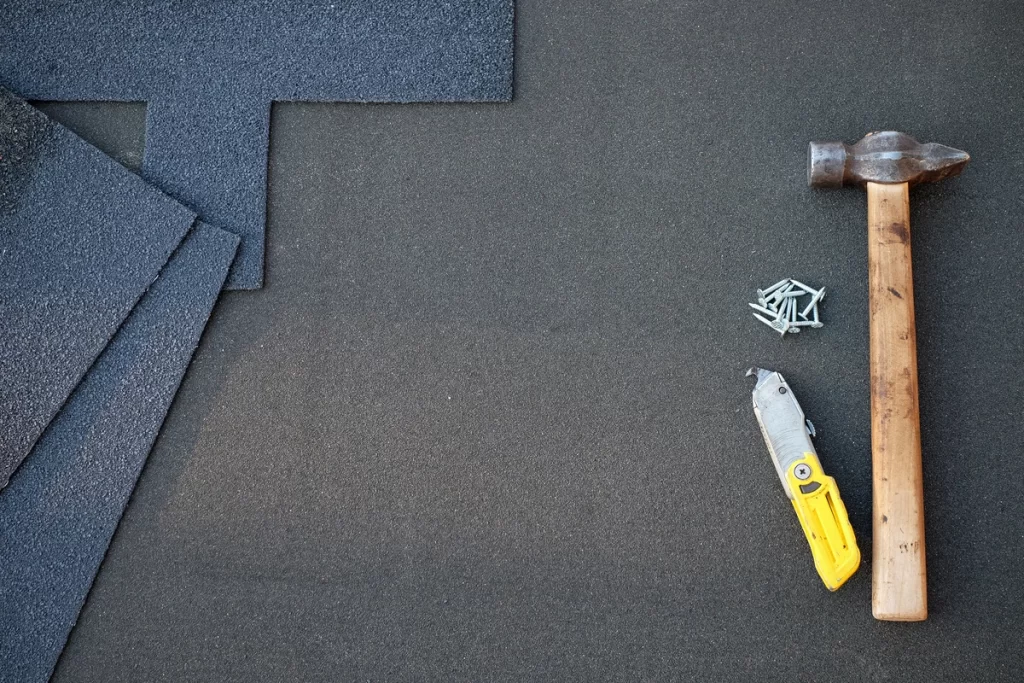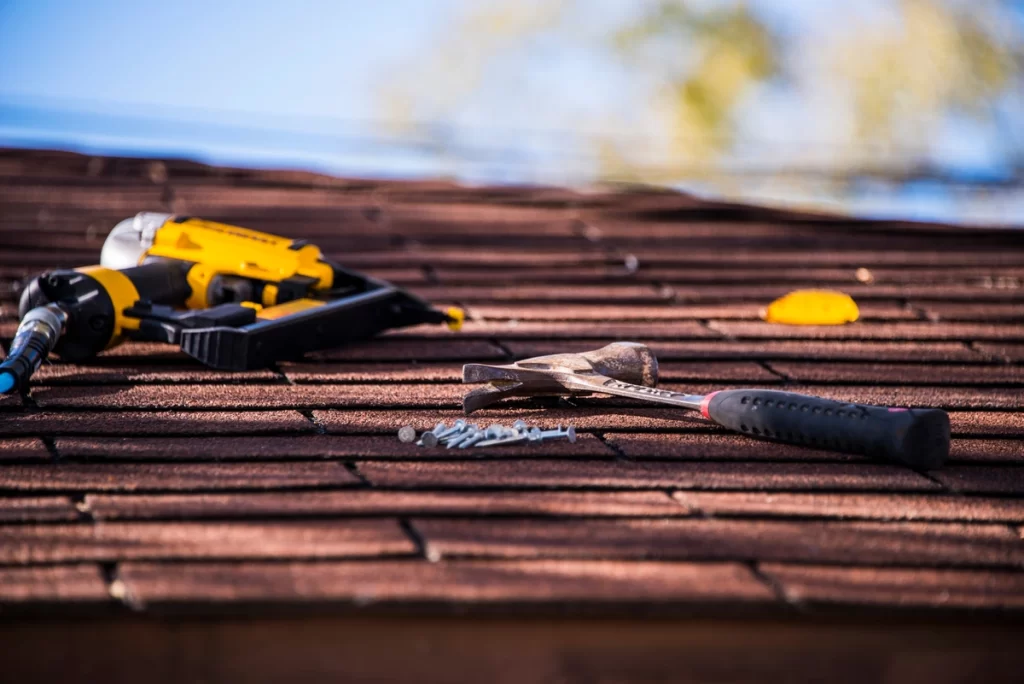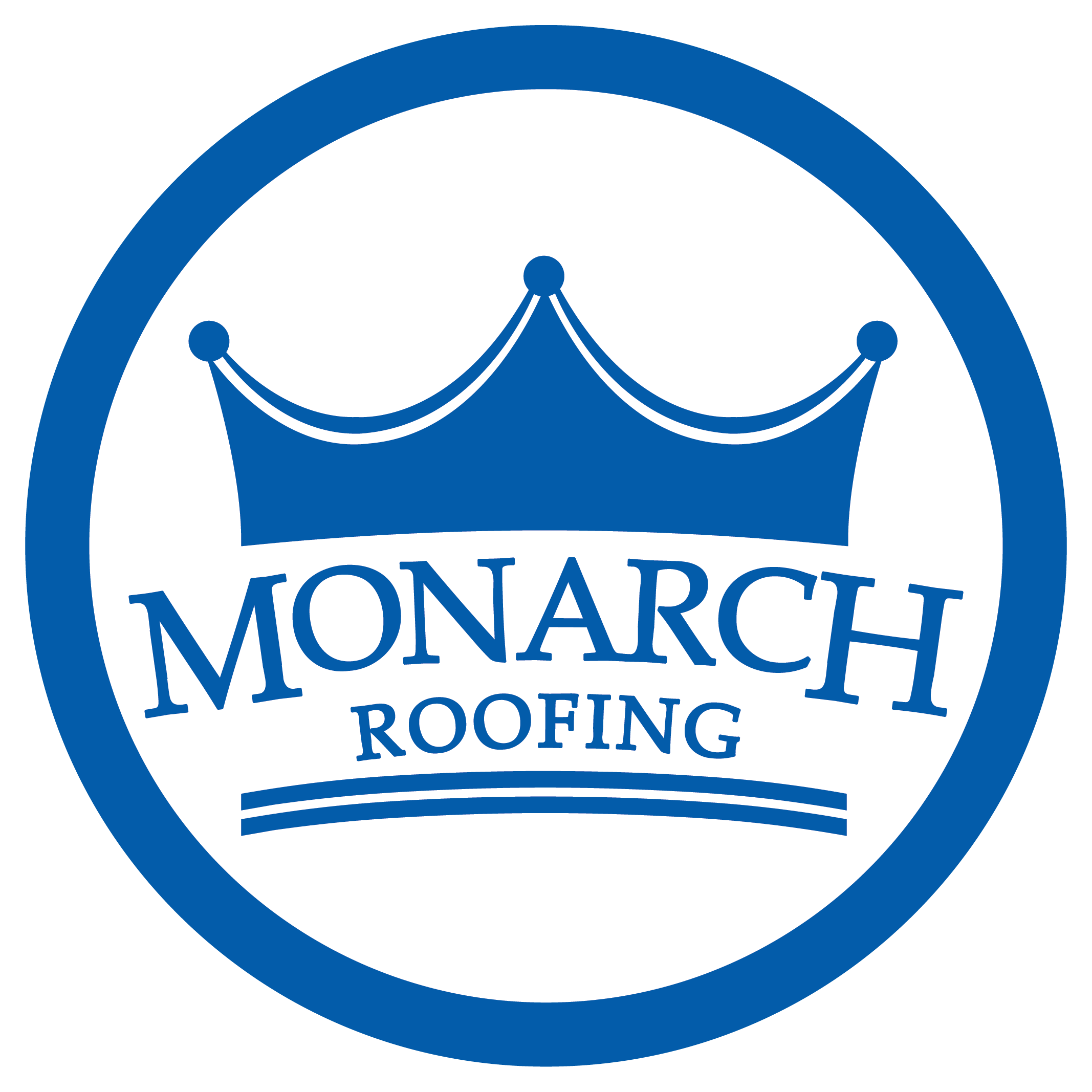Roof repair is an essential aspect of homeownership, ensuring the longevity and structural integrity of your property.
Whether you’re facing minor leaks or significant damage, having the right tools is crucial for effective repair and maintenance. In this guide, we’ll explore:
- The importance of DIY roof repair
- The significance of using the correct roofing tools
- The essential roofing equipment you’ll need
- Reasons to opt for professional services
- The average costs associated with roof repair
Get started on you roof repairs today!
Reasons to Consider DIY Roof Repair
DIY roof repair offers several advantages that make it an appealing option for homeowners:
- Cost Savings: One of the primary reasons homeowners choose to tackle roof repair themselves is to save money on labor costs. By investing time and effort into DIY repair, you can avoid hefty bills from professional contractors.
- Flexibility: DIY repair allows you to work on your own schedule, without having to wait for appointments or rely on the availability of contractors. You can address issues as they arise, minimizing the risk of further damage to your home.
- Learning Experience: Taking on roof repair as a DIY project provides valuable learning opportunities. You’ll gain a deeper understanding of your home’s construction and develop new skills that can be applied to future projects.
- Sense of Accomplishment: Successfully completing a DIY roof repair project can be incredibly rewarding. It instills a sense of pride and satisfaction in knowing that you’ve taken proactive steps to maintain your home.
Why Having the Right Tools Matters

Using the correct tools is essential for safe and effective roof repair. Here’s why having the right tools matters:
- Efficiency: The right tools can significantly streamline the repair process, allowing you to work more efficiently and complete tasks in less time. This efficiency is particularly crucial when dealing with time-sensitive repairs, such as fixing leaks during rainy seasons.
- Safety: Roof repair can be hazardous, especially when working at heights. Using specialized tools designed for roofing tasks helps minimize the risk of accidents and injuries, ensuring a safer working environment for yourself and others.
- Quality Workmanship: Proper tools enable you to achieve professional-quality results, ensuring that repairs are done correctly and will withstand the elements over time. Investing in high-quality tools can ultimately save you money by reducing the need for frequent repairs or replacements.
- Versatility: Different roofing tasks require specific tools tailored to the job at hand. Having a comprehensive toolkit allows you to tackle a wide range of repair and maintenance tasks, from replacing shingles to sealing flashing.
The 10 Must-Have Roofing Tools

While the specific tools needed for roof repair may vary depending on the nature of the project, some essential tools every homeowner should have include:
1) Ladder:
A sturdy, properly sized ladder is essential for accessing the roof safely. Choose a ladder with non-slip feet and ensure it extends at least three feet above the roofline for easy access.
2) Safety Harness:
When working at heights, a safety harness provides an additional layer of protection against falls. Always wear a properly fitted harness and secure it to a stable anchor point.
3) Hammer:
A claw hammer is indispensable for removing old nails, securing new shingles, and performing various other tasks during roof repair.
4) Utility Knife:
A sharp utility knife is essential for cutting shingles, underlayment, and other materials with precision.
5) Roofing Nailer:
For larger repair projects or roof replacements, a roofing nailer can significantly speed up the installation process and ensure consistent nail placement.
6) Caulking Gun:
Sealants and caulks are essential for waterproofing roof joints and seams. A caulking gun makes it easy to apply these materials neatly and efficiently.
7) Pry Bar:
A pry bar or crowbar is useful for removing damaged shingles, trim, and other components without causing further damage to the roof structure.
8) Roofing Shovel:
Also known as a roofing spade, this specialized tool is designed for removing old roofing materials quickly and efficiently.
9) Flashing Kit:
Flashing helps prevent water infiltration around chimneys, vents, and other roof penetrations. A flashing kit contains all the necessary materials for installing or repairing flashing.
10) Roofing Tape:
Roofing tape provides a temporary fix for minor leaks and can be used to reinforce seams and joints until permanent repairs can be made.
Why You Should Call a Professional Instead
While DIY roof repair can be rewarding, there are situations where it’s best to leave the job to the professionals:
- Safety Concerns: Roof repair often involves working at heights and can be dangerous, especially for those without proper training or experience. Professionals are equipped with the necessary safety gear and expertise to handle these challenges safely.
- Complex Repairs: Certain roofing issues, such as structural damage or extensive leaks, may require specialized knowledge and equipment to address effectively. Professionals have the experience and skills to tackle complex repairs with precision.
- Warranty Protection: Hiring a professional roofing contractor ensures that repairs are done correctly and according to industry standards. This is particularly important for preserving manufacturer warranties on roofing materials, which may be voided if DIY repairs are performed improperly.
- Time Constraints: DIY roof repair projects can be time-consuming, especially for homeowners with busy schedules or limited availability. Professionals can complete repairs more quickly, minimizing disruption to your daily routine.
- Long-Term Cost Savings: While DIY repair may seem cost-effective initially, improper repairs can lead to more significant issues down the road, resulting in higher repair costs in the long term. Investing in professional services ensures that repairs are done right the first time, reducing the likelihood of future problems.
The Average Cost of Roof Repair
The cost of roof repair can vary widely depending on factors such as the extent of damage, the type of roofing materials used, and labor costs in your area. On average, homeowners can expect to pay anywhere from $300 to $1,500 for minor repairs, such as fixing a few missing shingles or sealing small leaks.
For more extensive repairs, such as repairing structural damage or replacing large sections of the roof, costs can range from $1,000 to $10,000 or more. Factors such as roof size, pitch, and accessibility can also influence repair costs.
It’s essential to obtain multiple quotes from reputable roofing contractors to ensure you’re getting a fair price for the work required. Additionally, be wary of unusually low bids, as they may indicate subpar workmanship or the use of inferior materials.
Leave It To The Pros
Whether you’re tackling roof repair as a DIY project or seeking professional assistance, having the right tools and knowledge is essential for ensuring the job is done safely and effectively. By understanding the importance of proper tools, weighing the pros and cons of DIY repair, and considering factors such as cost and complexity, homeowners can make informed decisions to protect and maintain their most significant investment—their home.
Contact Monarch Roofing today for professional roofing repair and installation for your home!





